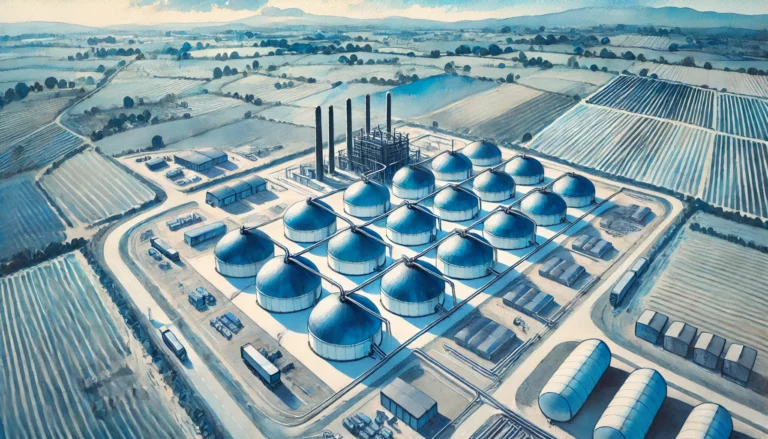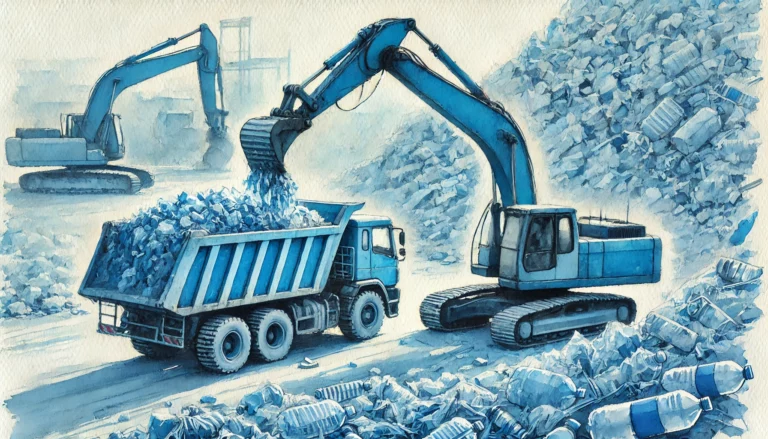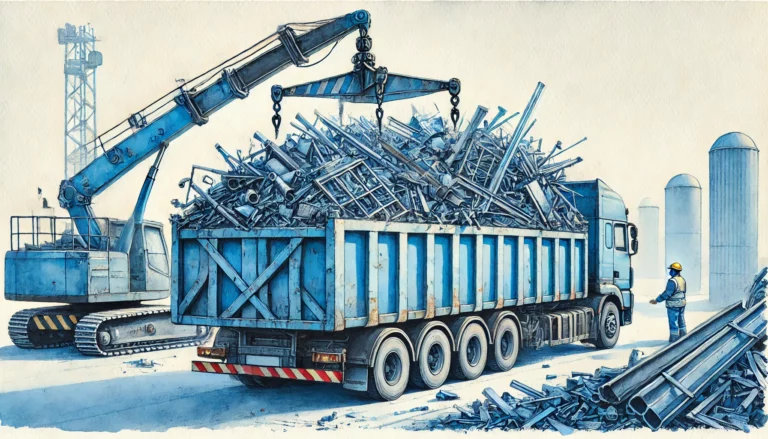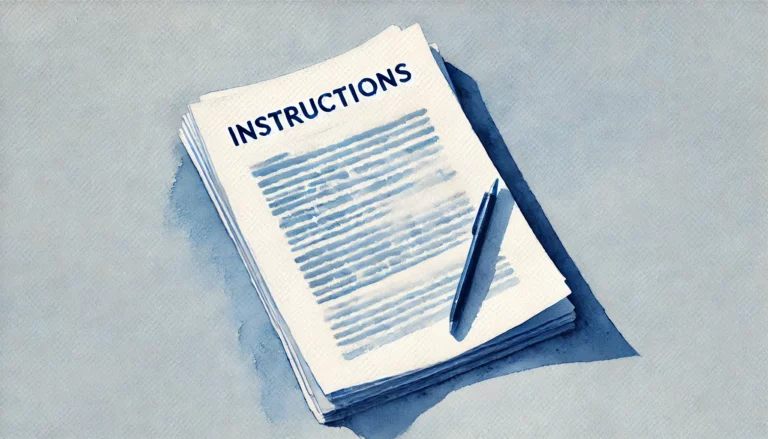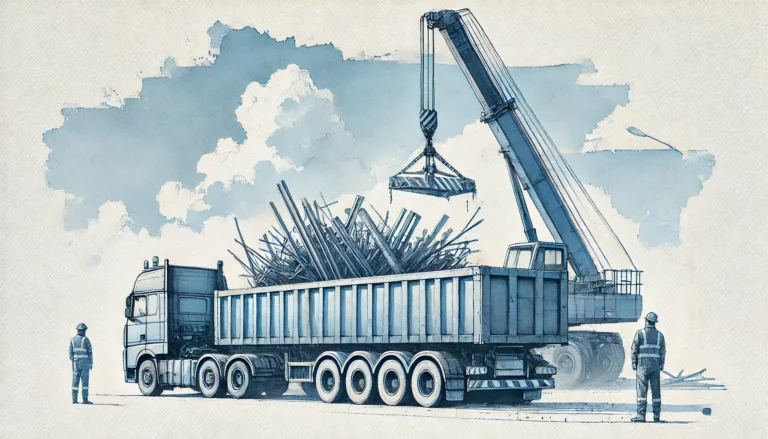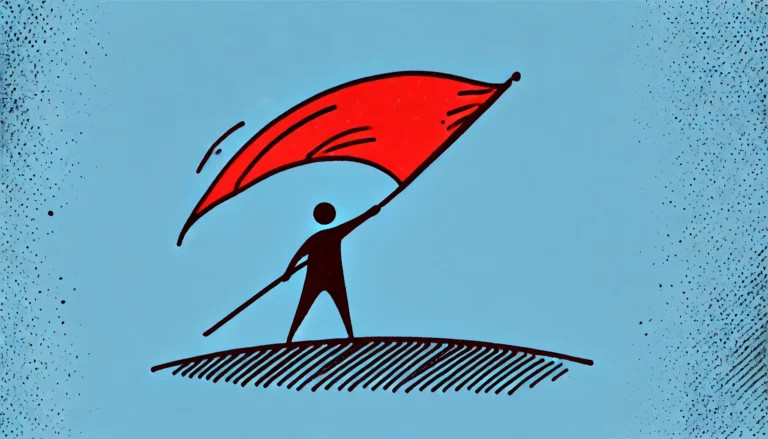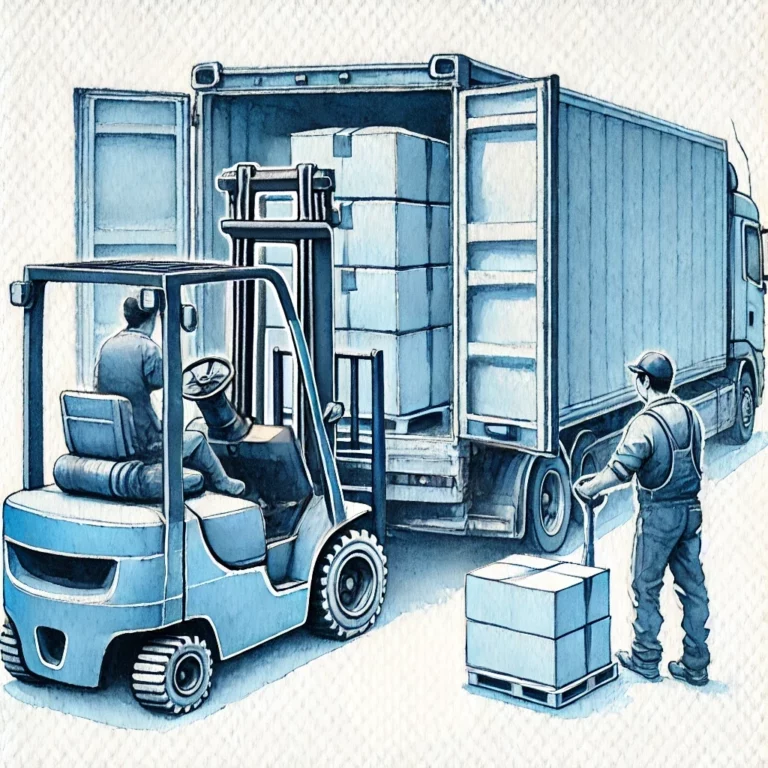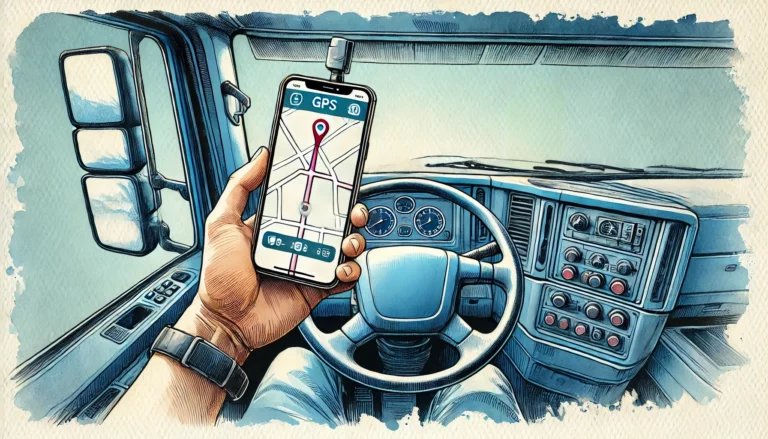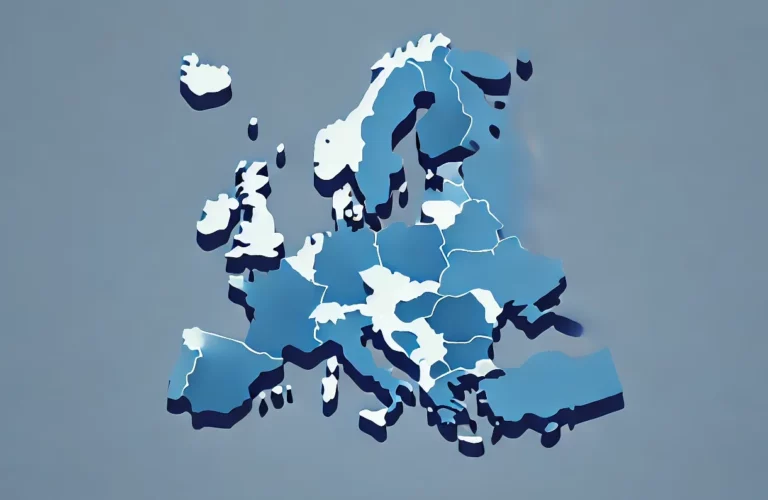Biowaste recycling: here’s what you need to know
Biowaste accounts for 30–50% of Europe’s municipal solid waste, making it a major stream with untapped potential. While in the past much of this biodegradable waste ended up in landfills or incinerators, the EU’s growing focus on sustainability has placed biowaste at the core of circular economy strategies. Properly managed, biowaste offers multiple benefits: it…

